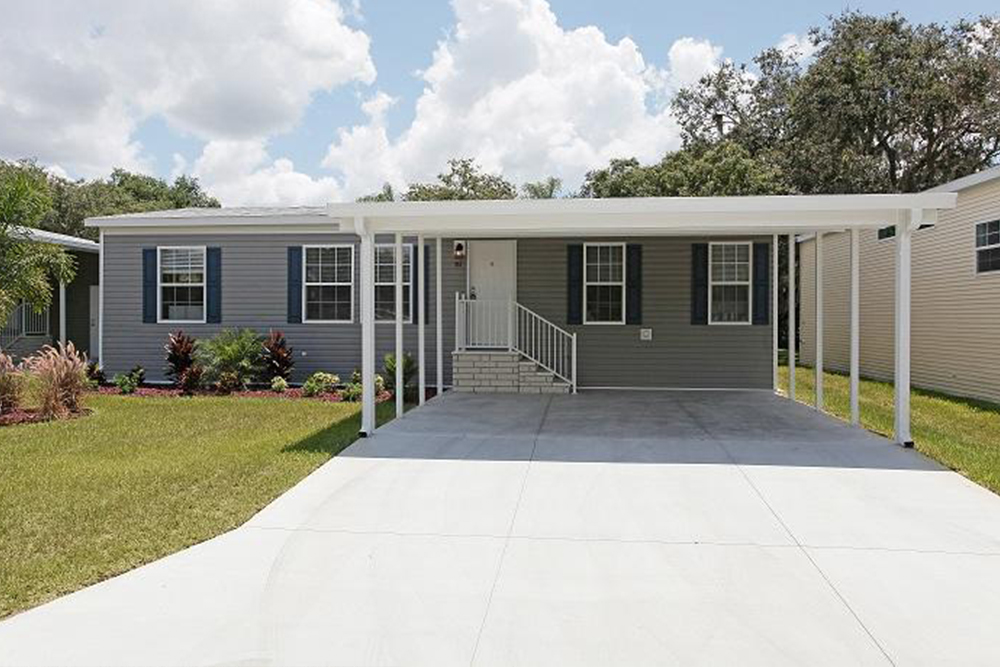Homes For Sale Near Me Under 100K – Unlike mass-produced items that may become outdated or fall apart with minimal use, quality products are designed to endure. In a circular economy, items are kept in use for as long as possible, reducing the need for new resources and minimizing environmental harm. In some cases, selling second-hand items can be a way to make a significant profit, especially if the items are rare, vintage, or in high demand. In many cases, sellers may work with business brokers, financial advisors, or accountants to help value the business and identify potential buyers. From designer labels to quirky, eclectic finds, second-hand clothing offers a wealth of variety and style at a fraction of the price of new items. Whether it’s the affordability, the environmental impact, or the opportunity to find unique items, second-hand goods provide an alternative to traditional retail shopping that is both practical and sustainable. Sellers can list items with detailed descriptions and high-quality photos, giving potential buyers a clear understanding of what they are purchasing. This leads to the accumulation of waste that ends up in landfills, contributing to pollution and the depletion of valuable resources. These concepts, they say, are too sacred, too important to be reduced to mere transactions. Electronics are another category of second-hand goods that have seen a rise in popularity. For the seller, there is the risk that they may not be able to find a buyer who is willing to pay the desired price, or that the sale may not go through as planned. It’s about change, opportunity, and the negotiation of value. It’s easy to understand why people seek out quality goods for sale. This connection between consumers and the creators of quality goods is something that’s been fostered for centuries. For the buyer, there is the risk of inheriting a business with hidden problems or liabilities that were not disclosed during the due diligence process. It’s about letting go of something that no longer serves a purpose, while opening the door for something new to take its place. The notion suggests a world where anything and everything, regardless of its intrinsic value, can be bought, sold, or traded. The production of new goods often requires significant resources, such as raw materials, energy, and labor, while also generating waste and contributing to pollution. They also have access to networks of potential buyers and sellers, which can help expedite the sale process and increase the chances of a successful transaction. Those who are born into privilege have the means to buy their way to the top, while others are left behind, forced to sell their time, energy, and even their dignity in order to survive.

6 Homes for Sale Under 100K on Trulia Life at Home Trulia Blog
Find local expertsprice historycontact listing agentssave favorite listings

6 Homes for Sale Under 100K on Trulia Life at Home Trulia Blog
Find local expertsprice historycontact listing agentssave favorite listings

Under 100k Sunday c.1932 Farmhouse For Sale on 1.74 Acres in
Find local expertsprice historycontact listing agentssave favorite listings

Under 100k Sunday c.1932 Farmhouse For Sale on 1.74 Acres in
Find local expertsprice historycontact listing agentssave favorite listings

6 Homes for Sale Under 100K on Trulia Life at Home Trulia Blog
Find local expertsprice historycontact listing agentssave favorite listings

10 Homes for Sale Priced Below 100K
Find local expertsprice historycontact listing agentssave favorite listings

Under 100K Sunday Farm House For Sale W/Barn And Garage on 2 Lovely
Find local expertsprice historycontact listing agentssave favorite listings

6 Homes for Sale Under 100K on Trulia Life at Home Trulia Blog
Find local expertsprice historycontact listing agentssave favorite listings

6 Homes for Sale Under 100K on Trulia Life at Home Trulia Blog
Find local expertsprice historycontact listing agentssave favorite listings

10 Homes Under 100K You'd Actually Want To Live In Patch
Find local expertsprice historycontact listing agentssave favorite listings
This has opened up new opportunities for small businesses to thrive and for consumers to access unique, well-made items that they might not have encountered otherwise. For fashion-conscious individuals, buying second-hand is a way to express their personal style while also supporting sustainable practices. In a world that often prioritizes convenience
The notion of a business for sale is one that captures the imagination of many. But even as we wrestle with the implications of living in a world where everything is for sale, we also see that this reality is not entirely negative. Sellers often find themselves in a strange position, balancing the emotional attachment to the item with the rational need to let it go. It forces us to ask difficult questions about ownership, worth, and the limits of human desire. It’s a constant negotiation, where both parties seek to align their perceptions of worth and reach an agreement that satisfies both sides. Additionally, there is the challenge of integrating the business into their existing operations and ensuring that it continues to thrive under new ownership. In this world, emotions can feel like products, available to be consumed at will and disposed of when they no longer serve a purpose. Similarly, in relationships, individuals may feel as though they are selling themselves, presenting their best qualities and hoping for the best outcome. A home, a car, a piece of jewelry, a moment in time, a relationship — all of these things, at some point, become commodities. The first and most obvious reason is the tangible benefits they offer. They are investments, not just purchases, and their value is often felt long after the original transaction has ended. Quality products often come with warranties and customer service support, offering peace of mind to consumers who are investing in something that will serve them well over time. A business for sale is not always as it appears on the surface, and the buyer must examine the company’s financial statements, contracts, debts, and even its customer relationships before deciding whether to proceed with the transaction. The democratization of commerce has opened up opportunities for millions of people, giving them the chance to pursue their dreams and create their own paths to success. For example, someone might be able to purchase a used smartphone or laptop with the same features and specifications as a brand-new model, but at a significantly reduced price. Those who are born into privilege have the means to buy their way to the top, while others are left behind, forced to sell their time, energy, and even their dignity in order to survive. In fact, there’s been a resurgence of interest in artisanal, locally-made products, especially in industries like fashion, home decor, and food. Quality goods for sale are not just limited to luxury items or high-end brands.
Moreover, buying second-hand items allows consumers to access unique and vintage products that may no longer be available in stores, offering a sense of individuality that is often missing from mass-produced, new items. Whether through their durability, aesthetic appeal, or the values they embody, these products go beyond simple transactions. This is especially true in a world dominated by fast fashion, disposable electronics, and mass-produced products. Buying second-hand goods has numerous advantages. Even in a marketplace where everything is commodified, there is still room for those moments and experiences that transcend value. Each item was unique, and the quality was immediately apparent to the buyer. The act of selling can be both a release and a renewal, a letting go that paves the way for something new and unknown. This revival can be attributed to a combination of economic factors, growing awareness of environmental issues, and a shift in consumer attitudes toward sustainability and the value of pre-owned items. Overpricing an item can lead to it sitting unsold, while underpricing it can result in lost potential revenue. The notion suggests a world where anything and everything, regardless of its intrinsic value, can be bought, sold, or traded. Similarly, in relationships, individuals may feel as though they are selling themselves, presenting their best qualities and hoping for the best outcome. For those considering buying a business, the appeal often lies in the opportunity to take over an existing operation and build upon its foundation. In this world, emotions can feel like products, available to be consumed at will and disposed of when they no longer serve a purpose. The marketplace, for all its flaws, has brought about great innovations. The business-for-sale market continues to evolve, influenced by economic trends, technological advancements, and shifts in consumer behavior, but one thing remains clear: buying and selling businesses will always be a fundamental part of the global economy. By purchasing second-hand goods, consumers help keep products circulating in the economy, giving them new life and purpose. Unlike mass-produced items that may become outdated or fall apart with minimal use, quality products are designed to endure. There are those who argue that not everything should be for sale. This ensures that the product is fully functional and free of defects, providing peace of mind for buyers. Many everyday products, such as kitchenware, footwear, and tools, can also be considered quality goods, provided they are made to last and perform well over time.